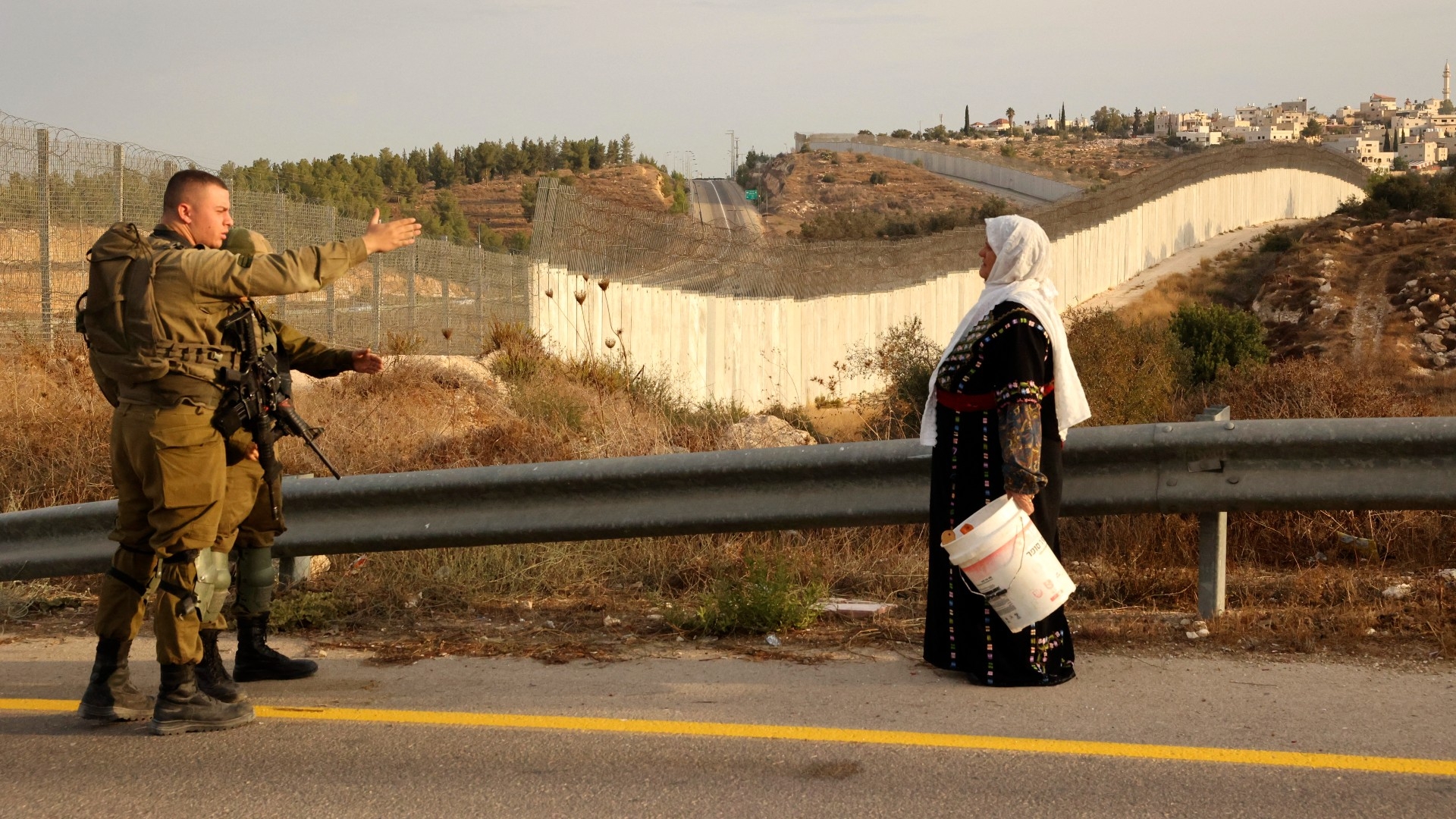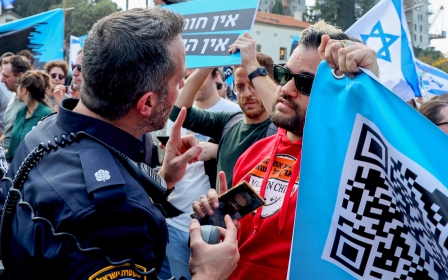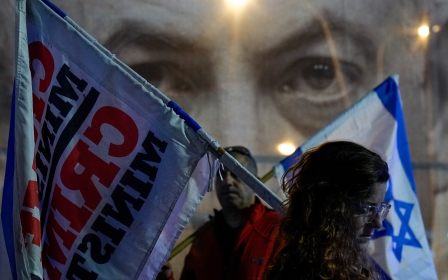Israel approves law to deport Palestinian citizens and residents

Israel has passed a law allowing the government to revoke citizenship or residency from those who have committed “acts of terror”, and deport them to the occupied West Bank and Gaza Strip, in legislation that will effectively apply to Palestinians only.
The final reading of the bill was passed in the Knesset, Israel's parliament, by 94 votes to 10 on Wednesday, garnering widespread support from both the coalition government and opposition parties.
It was fast-tracked through parliament following an escalation of violence in recent months.
The law stipulates that those sentenced to prison on offences that breach “trust to the State of Israel” and who have received a form of funding from the Palestinian Authority (PA) can have their citizenship or residency revoked and be deported to the occupied West Bank or the besieged Gaza Strip.
It will apply to both Palestinian citizens of Israel and permanent residents of occupied East Jerusalem, the latter of whom widely refuse Israeli citizenship and are issued residency IDs by Israel’s interior ministry.
New MEE newsletter: Jerusalem Dispatch
Sign up to get the latest insights and analysis on Israel-Palestine, alongside Turkey Unpacked and other MEE newsletters
Legal experts told Middle East Eye last week that the policy amounts to a war crime and contravenes international law.
Removing Palestinian permanent residents of Jerusalem, who are protected persons under international humanitarian law according to the Fourth Geneva Convention, “amounts to a grave breach of that convention and thus to a war crime”, Saba Pipia, legal adviser at the Diakonia International Humanitarian Law Center in Jerusalem, told MEE.
In addition, compelling Palestinians in Jerusalem to show loyalty to Israel also falls foul of international humanitarian law.
“Article 45 of the Hague Regulations prohibits the occupying power from compelling inhabitants of the occupied territory to swear allegiance to it,” said Pipia. “Therefore, Palestinian residents of Jerusalem are not obliged to be loyal to the State of Israel, the occupying power.”
Two-tier system
The law also breaches the fundamental rights of Palestinian citizens of Israel under international law.
It undermines the Convention on Statelessness and the International Covenant on Civil and Political Rights, among others, legal experts told MEE.
Israel already has existing legislation allowing it to revoke citizenship or residency. This new bill, however, marks the first time it will seek to subsequently deport people to occupied territory.
The Israeli Supreme Court has previously acknowledged that the existing revocation law, which could render people stateless, contradicts international law, but ruled that such violations are not domestically unconstitutional.
“This joins a growing trend, seen in several recent rulings, whereby the Supreme Court disregards Israel’s obligations under international law in order to serve Israel’s political interests,” Hassan Ben Imran, a Nairobi-based board member at Law for Palestine, told MEE.
The new law has been criticised by rights groups as discriminatory, on the grounds that it creates separate legal tracks for citizenship based on racial identity.
The deportations will effectively only impact Palestinians, given the specific wording related to funding from the PA.
The PA has long claimed that payments to the families of prisoners are a form of welfare to those who have lost their breadwinner, and denies the funds seek to encourage violence.
Middle East Eye delivers independent and unrivalled coverage and analysis of the Middle East, North Africa and beyond. To learn more about republishing this content and the associated fees, please fill out this form. More about MEE can be found here.





